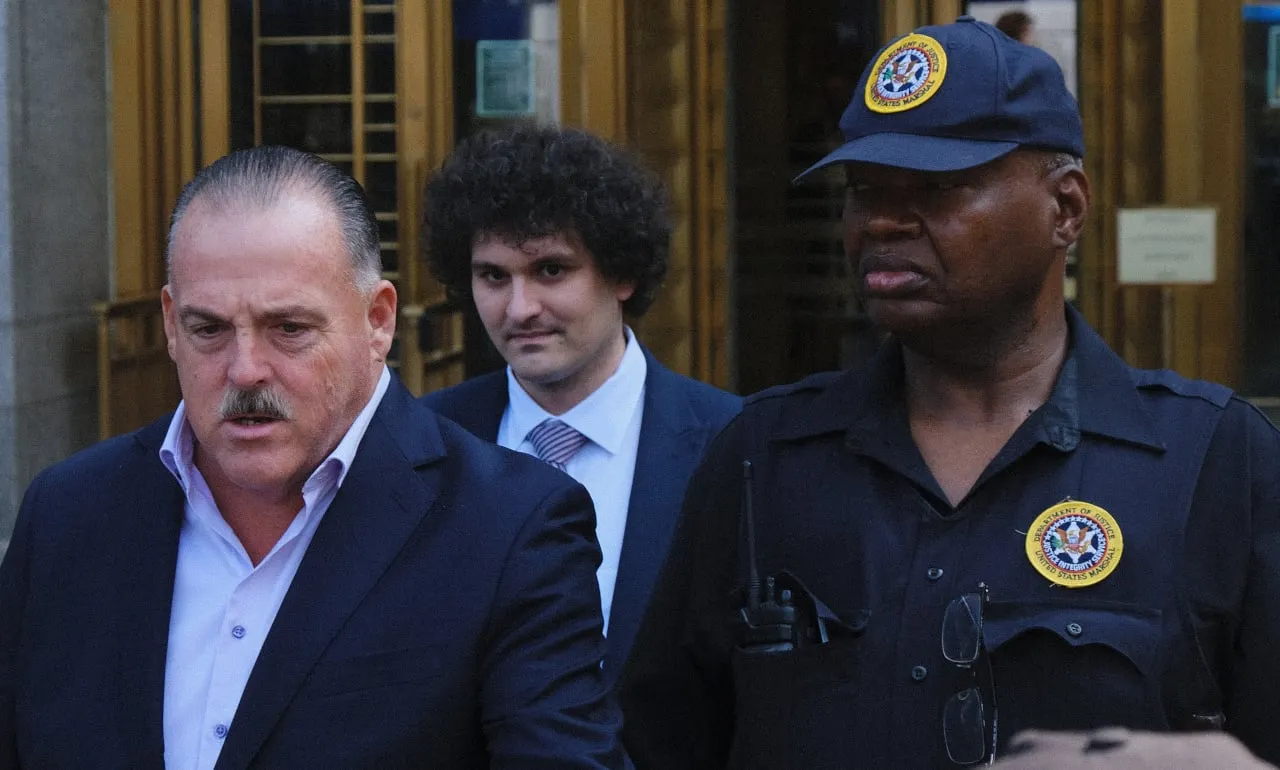Imprisoned FTX co-founder and former CEO Sam Bankman-Fried has appealed to overturn his fraud conviction, court documents filed Friday show.
The appeal from Bankman-Fried's lawyers argues that he never got a fair trial and should therefore be tried again under a new judge.
"He was presumed guilty—before he was even charged," lawyers for Bankman-Fried wrote.
"He was presumed guilty by the media," the filing continues. "He was presumed guilty by the FTX debtor estate and its lawyers. He was presumed guilty by federal prosecutors eager for quick headlines. And he was presumed guilty by the judge who presided over his trial."
The lawyers—Alexandra A.E. Sapiro, Theodore Sampsell-Jones, and Jason A. Driscoll—argued that FTX was never insolvent and in actuality had the billions of dollars to repay customers, despite the liquidity crunch that doomed the platform.
Legal advisors for FTX took over when market conditions shook the exchange (and the entire crypto industry) and pushed it into bankruptcy proceedings, mismanaging it and losing money in the process, Bankman-Fried's defense team further claimed.
The document contends that Bankman-Fried was never able to present his side of the story—that he actually did have the money to pay back customers, but with illiquid investments.
"Bankman-Fried had not lost or stolen all the money, and the investments he made were not risky or stupid," the lawyers added. "FTX faced a liquidity crisis, not a solvency crisis."
FTX was a massive crypto exchange that suddenly collapsed in November 2022, with the initial liquidity crunch giving way to evidence of serious fraud and mismanagement. Bankman-Fried was arrested shortly after, and following a trial, was convicted of fraud last November. He will serve 25 years behind bars.
Bankman-Fried and his team criminally mismanaged the company. FTX's main product was a popular crypto exchange that allowed customers to buy, sell, and bet on the future prices of digital assets. But cash deposited by customers was illegally used by Bankman-Fried and associates to make risky bets via sister investment firm Alameda Research, leading to a quick collapse.
Editor's note: This story was updated after publication with additional details.
Edited by Andrew Hayward

